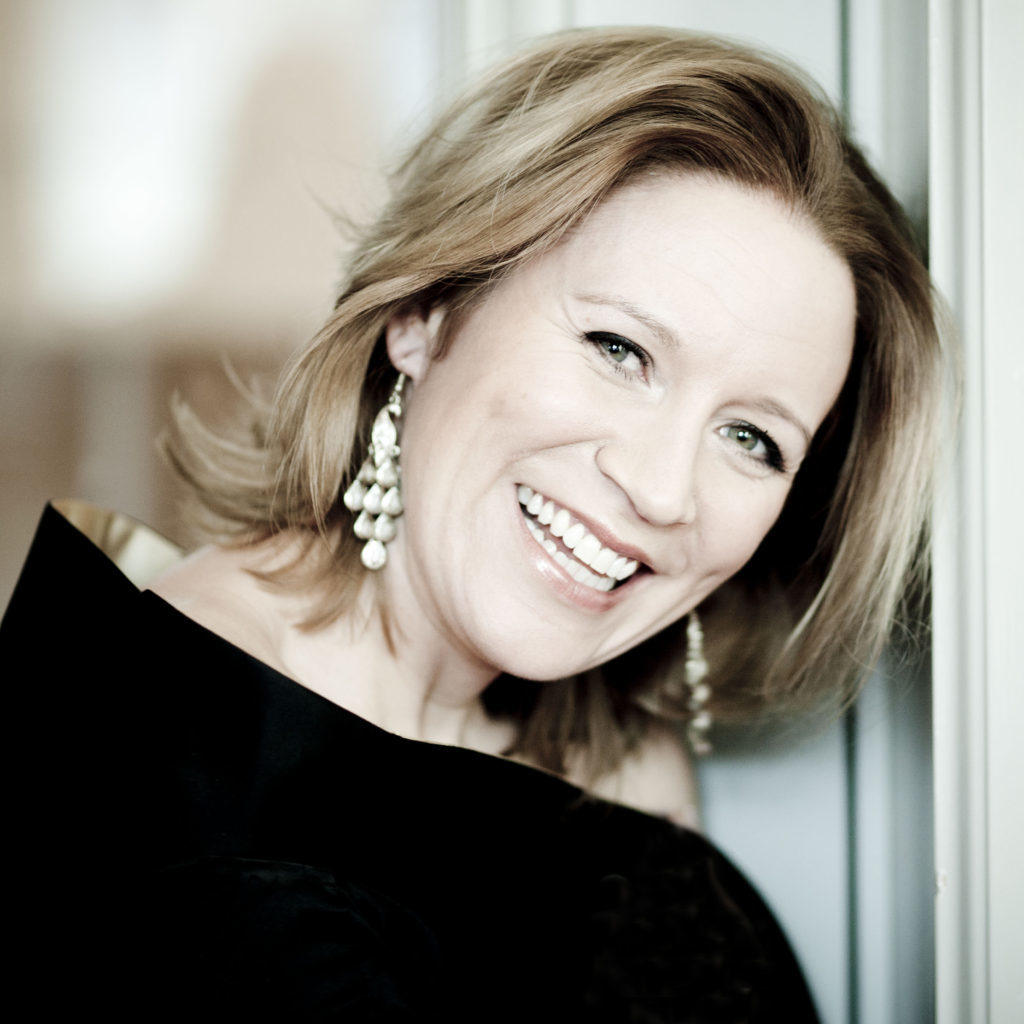
York Early Music Festival: Dunedin Consort in Out Of Her Mouth, National Centre for Early Music, York, July 12
RARELY has York Early Music Festival dipped its toes into operatic waters, but it conjured some real drama from this unexpected plunge. In a co-production by Dunedin Consort, Hera and Mahogany Opera, directed by Mathilde Lopez, three biblical cantatas by Élisabeth Jacquet de la Guerre were brought together to make what amounted to a one-act opera involving three excellent sopranos, singing an English paraphrase by Toria Banks.
Jacquet was born into a family of musicians and instrument makers in Paris in 1665 and became its most illustrious member, renowned as a composer and harpsichordist. She married the organist Marin de la Guerre in 1684 and ten years later became the first woman in France to write an opera, Céphale et Procris.
Her 12 sacred cantatas of 1708, to texts by the poet and playwright Antoine Houdar de la Motte (1672-1731), deal with characters from the Bible, although she uses only a soprano and continuo plus a violin ad lib.
This means, for example, that in Susanne, the soprano must handle both the title role and that of the two elderly gentlemen ogling her swim, in addition to being narrator. It was a tall order but Anna Dennis rose to the challenge, sporting jeans and T-shirt inscribed “Keep your laws off my body”.
Wrongly accused by the disappointed gents, Susanne is acquitted in court. Hardly what you might expect from Baroque opera, but Jacquet’s concept was undoubtedly vivid. Not for the first time, Lucia Capellaro delivered a searing cello line to accompany Dennis’s well-wrought tension.
Alys Roberts, in full white wedding finery, sparkly top and shiny boots, represented Rachel in the second cantata, which was originally entitled Rachel and Jacob. She was called upon to play her fiancé Jacob as well as her father Laban, who effectively demolished their wedding plans by substituting his elder daughter Leah for Rachel at the altar.
Although her declamation was not always clear, there was no doubting Roberts’s commitment, forthright in her own bitter disappointment, indignantly menacing as Jacob and smugly philosophical as Laban delivering the moral that we cannot always have what we want.
Toria Banks confessed that her version moved the focus away from Jacob towards Rachel’s own feelings, in keeping with the thrust of the evening.
The third cantata Judith was much the most ferocious, with Carolyn Sampson in a silk shift finding fighting form as both the heroine and her nemesis Holofernes, fortunately playing the latter before drunkenness took hold of him. In the interlude while he fell asleep, harpsichord and theorbo were silent, allowing violin and cello gently to the fore. Otherwise, all was rhythmic fire.
The “beheading” was achieved with two large watermelons that were beaten to a pulp, their pieces collected and held up triumphantly in a bag before being kicked like a football. It was gruesome enough. But Sampson kept her head, veering between trepidation and the excitement of revenge with a determined focus.
The specially constructed stage, built higher and wider over the permanent one with the four players at the back, made for easy sightlines. The non-singing sopranos in each cantata acted as accomplices to the protagonist, giving an over-arching unity to the three scenes.
Without access to the original French, it is hard to know how close Toria Banks’s paraphrase – she calls it a “version” – steers to Jacquet’s intentions, but the production emerged as feminist polemic. What it certainly achieved, regardless, was to underline the imaginative power of Jacquet’s scores, both rhythmic and harmonic, giving them an extra impetus they thoroughly deserved.
Review by Martin Dreyer
